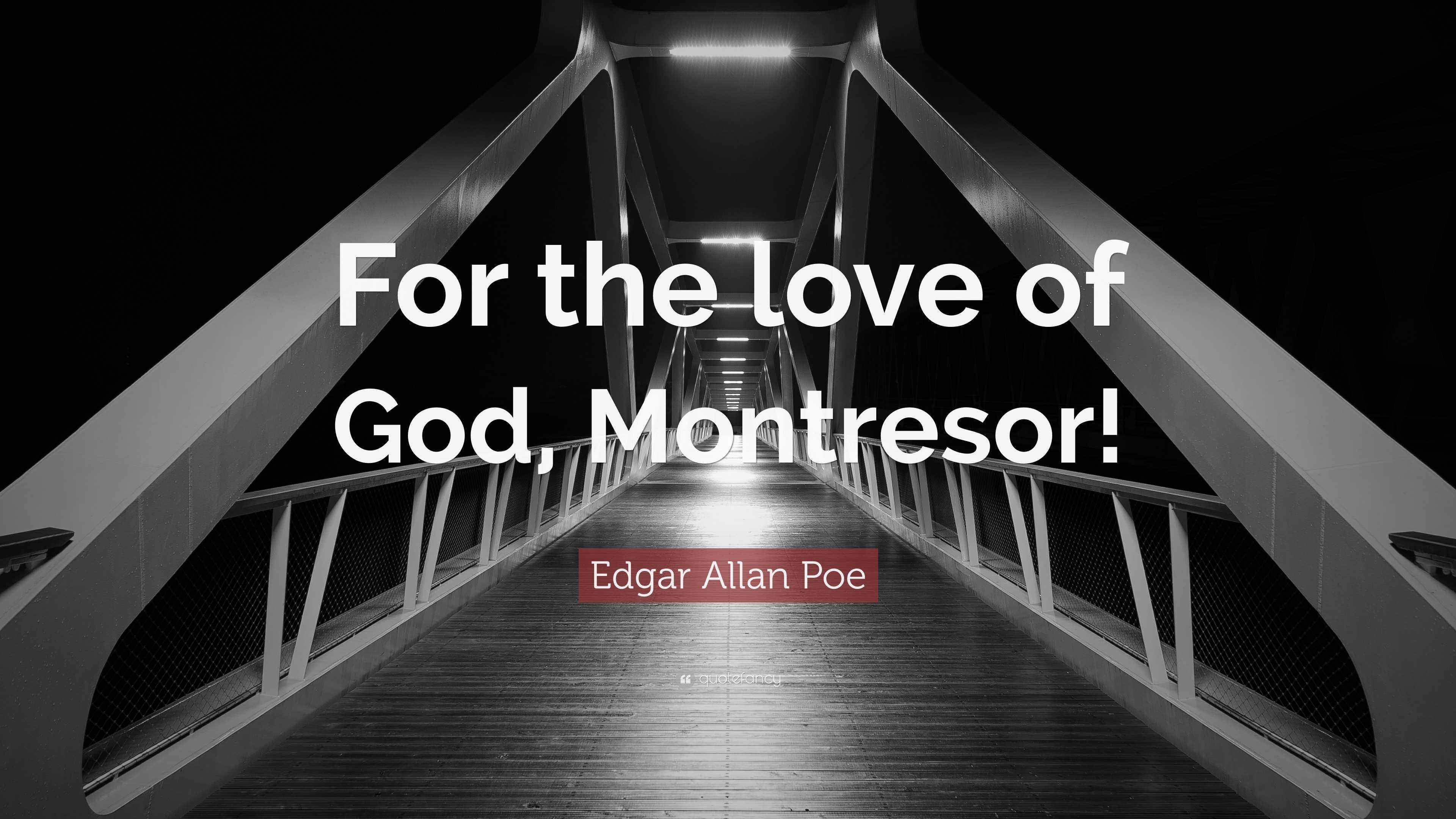Have you ever felt like Twitter is taking over your life? Like it’s a black hole of endless scrolling, drama, and information overload? You’re not alone. The phrase “close Twitter for the love of God” has become a popular cry among users who feel overwhelmed by the platform’s toxicity and time-sucking nature. It’s more than just a meme—it’s a reflection of how social media can impact our mental health and daily lives.
We’ve all been there—starting the day with the best intentions, only to find ourselves sucked into Twitter’s vortex of arguments, breaking news alerts, and endless threads. It’s like a digital version of a car accident you can’t look away from. The problem isn’t just the platform itself but also how it encourages addictive behavior through its design and algorithms.
But here’s the thing: we don’t have to let Twitter control us. By understanding its effects and learning how to manage our usage, we can reclaim our time and sanity. In this article, we’ll dive deep into why people are saying “close Twitter for the love of God,” explore the psychological impact of the platform, and provide actionable tips to help you regain control.
- Emily Osment Naked Addressing Misinformation And Highlighting Emily Osments Career
- Unveiling The World Of Mms Video A Comprehensive Guide
Why Are People Saying “Close Twitter for the Love of God”?
Let’s be real—Twitter is a lot. It’s a place where news breaks, opinions clash, and memes are born. But with all that comes a hefty dose of stress, anxiety, and frustration. Many users are starting to realize that the negatives outweigh the positives, leading to the growing sentiment of “close Twitter for the love of God.”
Here are some reasons why people are feeling this way:
- Information Overload: Twitter bombards users with constant updates, notifications, and trends. It’s hard to keep up without feeling overwhelmed.
- Toxicity: The platform is often a breeding ground for negativity, harassment, and divisive debates.
- Addiction: The endless scroll and real-time updates make it hard to put the app down, even when you know you should.
- Time Consumption: Hours can disappear without you even realizing it, leaving you wondering where the day went.
It’s not just about the content—it’s about the way Twitter makes us feel. The phrase “close Twitter for the love of God” captures the frustration and desperation many users feel when they realize they’ve spent too much time on the platform.
- Unveiling The Truth Behind Buscar Kid And His Mom Video Original
- Daniel Sunjata A Journey Through Acting And Activism
The Psychological Impact of Twitter
Twitter isn’t just a social media platform; it’s a psychological experiment. The way it’s designed taps into our natural tendencies for reward-seeking behavior, social validation, and fear of missing out (FOMO). This creates a perfect storm of addiction and anxiety.
How Twitter Affects Your Brain
When you open Twitter, your brain gets a hit of dopamine every time you see a notification, a like, or a retweet. It’s like a slot machine—you never know what you’re going to get, but the anticipation keeps you coming back for more. Over time, this can lead to compulsive behavior and even addiction.
But it’s not just about the good stuff. Twitter also triggers stress responses. Seeing negative news, engaging in arguments, or scrolling through endless doomscrolling content can increase cortisol levels, leading to long-term stress and anxiety.
Close Twitter for the Love of God: A Call to Action
If you’ve ever found yourself muttering “close Twitter for the love of God,” it’s time to take action. Here are some practical steps you can take to reduce your Twitter usage and reclaim your mental space:
Set Boundaries
Decide how much time you’re willing to spend on Twitter each day and stick to it. Use apps or built-in phone features to track and limit your usage. It’s like setting a budget for your social media time.
Unfollow Toxic Accounts
Not everyone on Twitter is worth your attention. If someone consistently makes you feel bad or stressed, it’s okay to unfollow or mute them. Your mental health comes first.
Take Breaks
Sometimes the best thing you can do is step away entirely. Take a week or even a month off from Twitter and see how it affects your mood and productivity. You might be surprised at how much better you feel without it.
The Benefits of Closing Twitter
Closing Twitter, even temporarily, can have a positive impact on your life. Here are some benefits you might experience:
- Improved Focus: Without the constant distractions, you’ll be able to concentrate better on work, hobbies, and other important tasks.
- Reduced Stress: Say goodbye to endless arguments and negative news cycles.
- More Free Time: Imagine what you could do with all the hours you spend on Twitter!
- Stronger Relationships: Spend more time connecting with people in real life instead of behind a screen.
It’s not about cutting off from the world entirely—it’s about finding a healthier balance.
Close Twitter for the Love of God: The Stats
Let’s talk numbers. According to a 2023 survey, the average person spends over an hour a day on Twitter. That’s a lot of time! And the effects aren’t just limited to time loss. Studies have shown that excessive social media use can lead to increased rates of depression, anxiety, and loneliness.
But there’s hope. Another study found that reducing social media usage to just 30 minutes a day can significantly improve mental health. So, if you’re thinking about closing Twitter, you’re not alone—and the science backs you up.
The Role of Algorithms
Twitter’s algorithms play a big role in why it’s so hard to quit. They’re designed to keep you engaged by showing you content that’s most likely to grab your attention. This often means sensational headlines, controversial opinions, and viral content.
How to Beat the Algorithm
While you can’t completely escape Twitter’s algorithms, there are ways to minimize their impact:
- Curate Your Feed: Follow accounts that provide value and positivity.
- Use Lists: Create custom lists to organize your feed and focus on specific topics.
- Adjust Settings: Turn off notifications for non-essential updates.
By taking control of your Twitter experience, you can reduce the platform’s hold on you.
Close Twitter for the Love of God: The Community Perspective
It’s not just individuals who are feeling the effects of Twitter. Entire communities are starting to push back against the platform’s influence. From influencers to everyday users, people are realizing that there’s more to life than retweets and replies.
Some are even organizing “Twitter detox” challenges, encouraging others to take a break and focus on real-life connections. It’s a powerful reminder that we don’t have to let social media dictate our lives.
The Future of Twitter
With the platform’s recent changes and controversies, the future of Twitter is uncertain. Some users are already migrating to alternative platforms like Mastodon or Threads, seeking a more peaceful and community-focused experience.
While it’s hard to predict what the future holds, one thing is clear: the demand for healthier social media options is growing. Whether Twitter evolves to meet this demand or gets left behind remains to be seen.
Conclusion: Close Twitter for the Love of God—and Your Sanity
In a world where social media dominates our lives, taking a step back can be one of the best things you do for yourself. By understanding the impact of Twitter and making conscious choices about your usage, you can improve your mental health and overall well-being.
So, the next time you feel the urge to say “close Twitter for the love of God,” remember that you have the power to make a change. Set boundaries, unfollow toxic accounts, and take breaks when you need them. Your future self will thank you for it.
And hey, if you found this article helpful, why not share it with a friend? Or better yet, leave a comment and let us know your thoughts. Together, we can create a healthier digital ecosystem—one tweet at a time.
Table of Contents
- Why Are People Saying “Close Twitter for the Love of God”?
- The Psychological Impact of Twitter
- Close Twitter for the Love of God: A Call to Action
- The Benefits of Closing Twitter
- Close Twitter for the Love of God: The Stats
- The Role of Algorithms
- Close Twitter for the Love of God: The Community Perspective
- The Future of Twitter
- Conclusion


